Your home’s hot water heater, whether it’s electric or solar-powered, is essential for daily comfort. But over time, even the most efficient systems can start to show signs of wear and tear.
If your system is over ten years old, watch for any plumbing issues that suggest it’s time for a replacement. Ignoring signs might lead to expensive water damage or interruptions in hot water supply. Planning ahead ensures a smooth transition without unexpected hiccups.
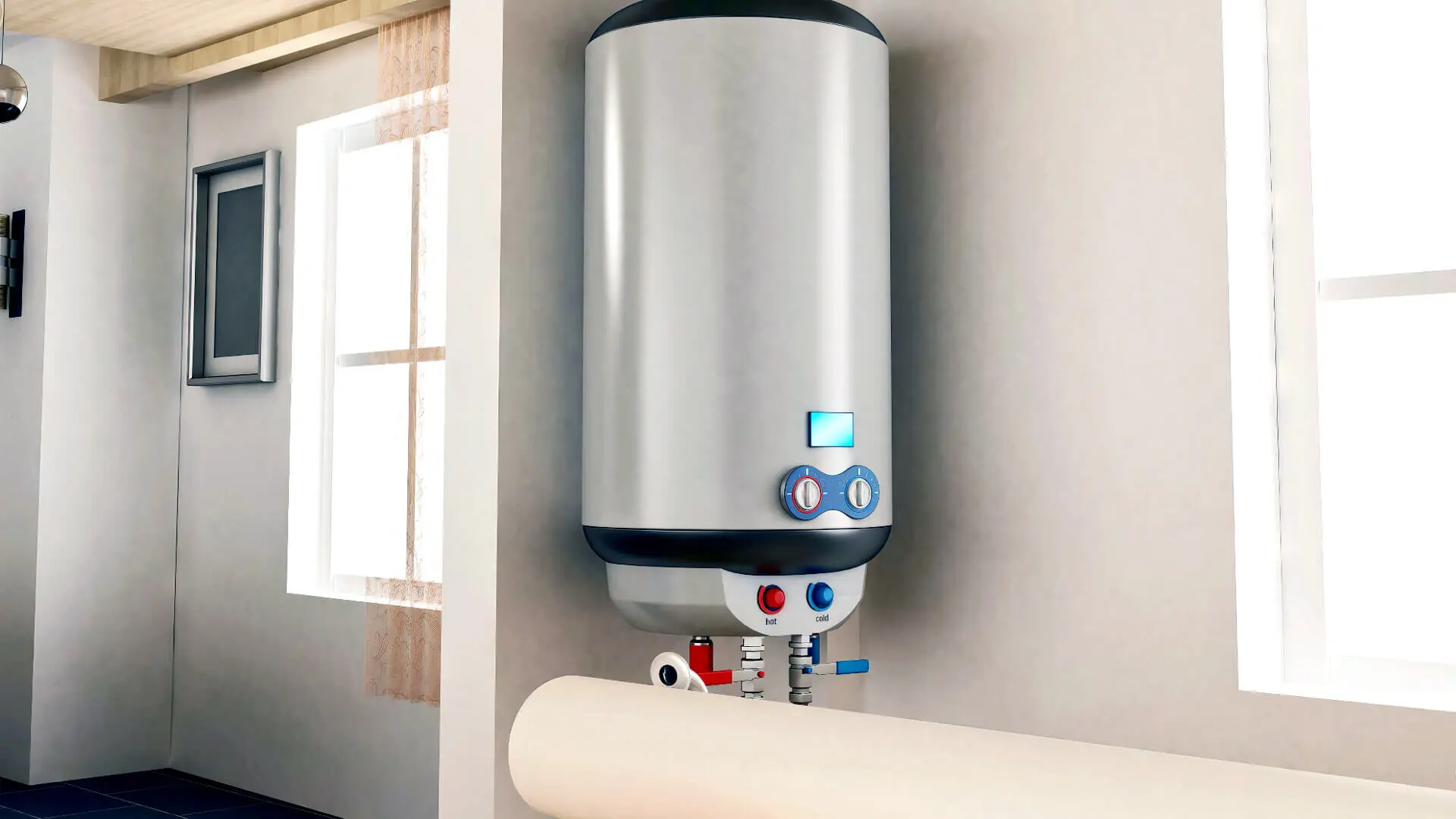
In this post, we’ll examine each indicator in more detail so you’ll know when it’s time for an energy-efficient replacement.
How Long Do Hot Water Systems Last?
The average lifespan of a residential hot water heater system is 10–15 years, though many factors can affect how long most hot water systems continue to function correctly.
The type of material the hot water tank is made from, whether it runs on electric or gas, and the quality of the local water supply can all influence longevity. Signs of damage, such as a leaking tank or inefficiency that raises utility bills significantly, may warrant replacement before the 10–15-year mark.
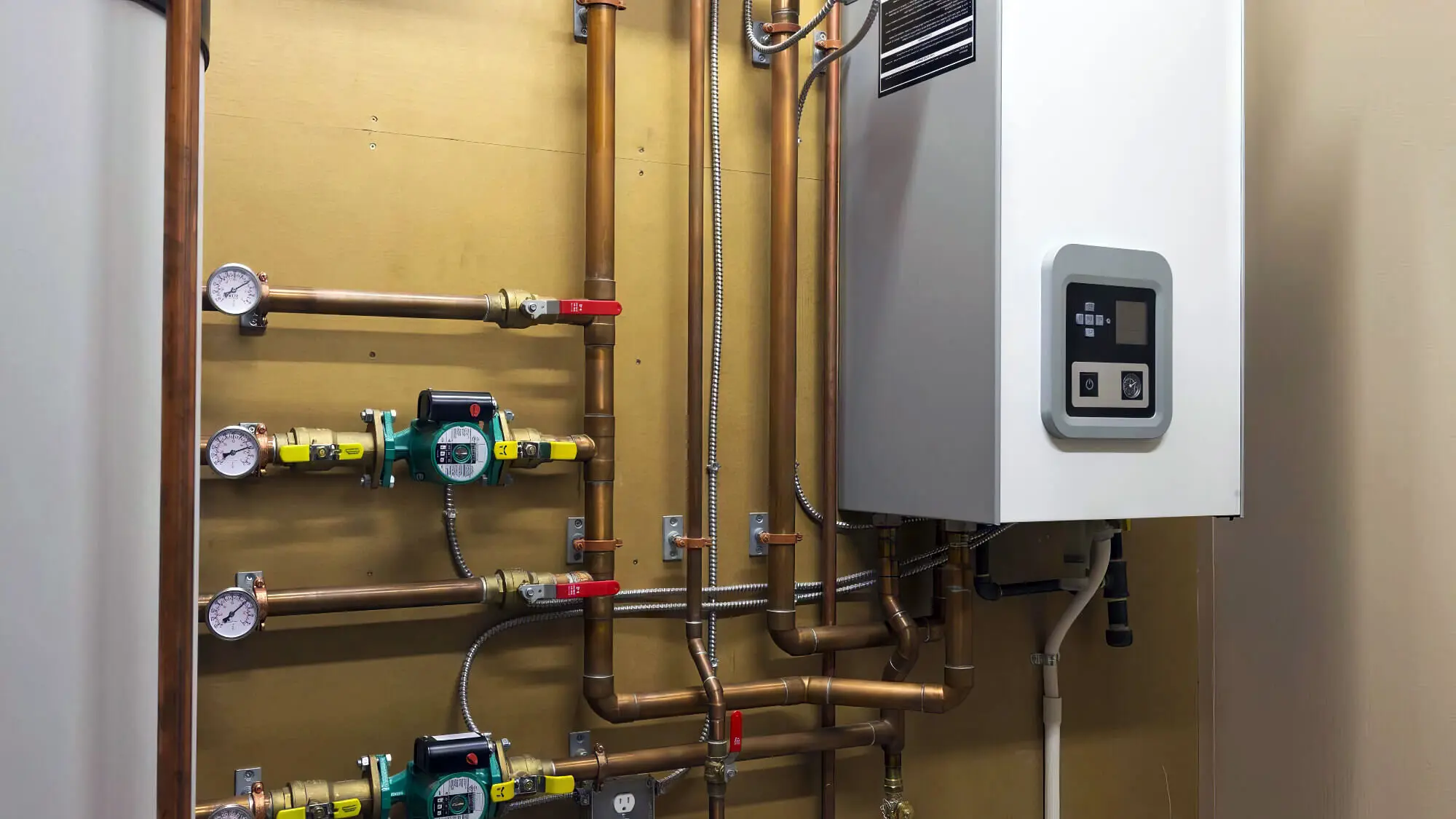
However, with regular maintenance like flushing sediment from the hot water heater tank, insulating exposed pipes and checking the anode rod, a water heater can sometimes exceed the average lifespan.
Proper care and maintenance help prolong the system’s life. Knowing the common factors that impact a water heater’s useful life can help homeowners determine when it needs replacing.
Key Signs Your Hot Water System Needs Replacement
There are several signs that your hot water system, including solar ones, might be on the blink and need replacing. If you’re noticing fluctuating temperatures or rusty water, that’s often a sign it’s struggling. Mineral deposits or odd noises can also point to internal issues.
Extended recovery times after use or running out of hot water quickly, leaving only cold water, are signs that your system is no longer functioning efficiently. Addressing these issues promptly can prevent further inconvenience or damage.
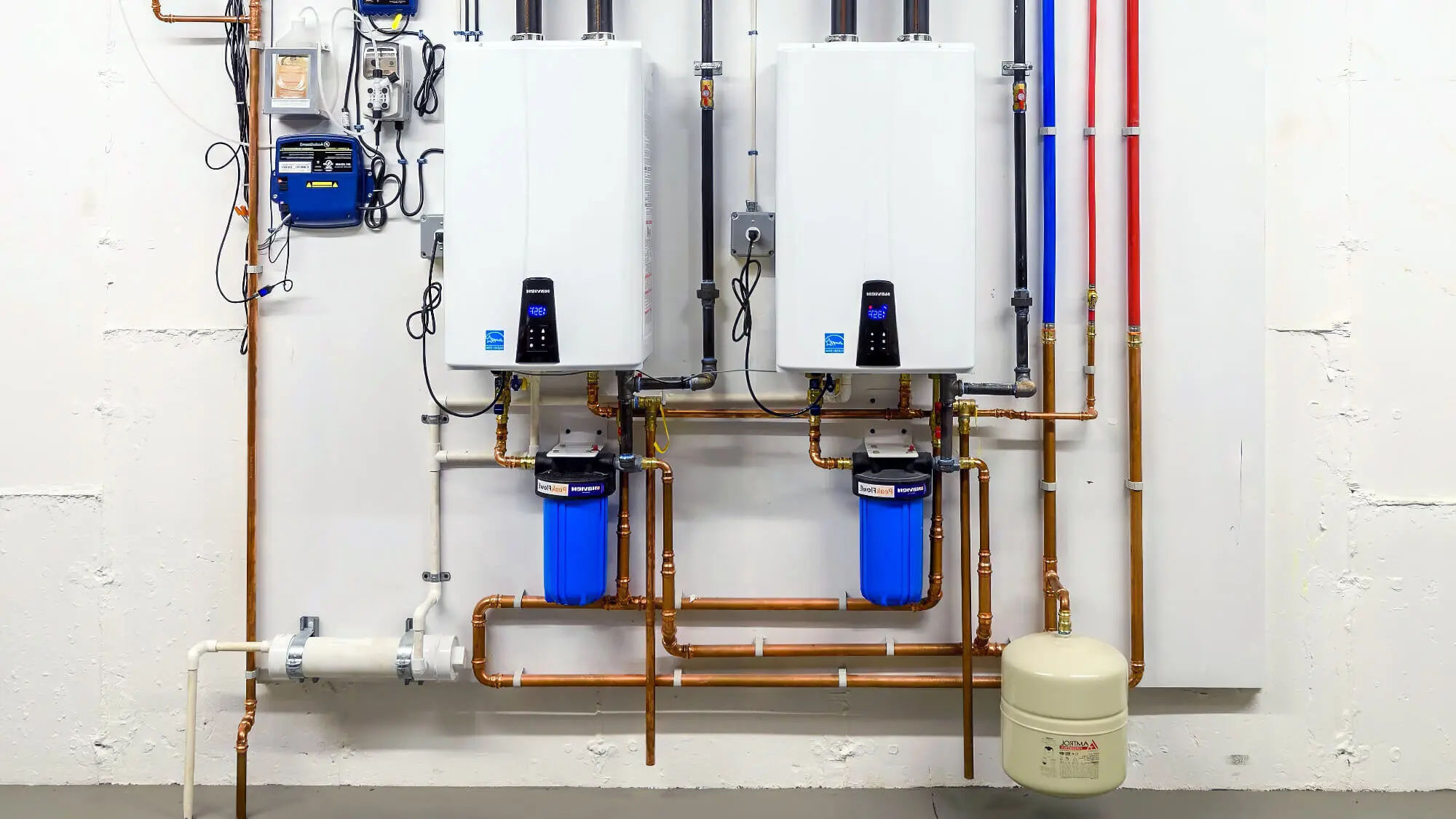
Finally, if you’ve noticed higher utility bills with no change in usage, your old unit might be using energy inefficiently. Keeping an eye on these signs helps you know when it’s time to switch to a more efficient water heater.
Factors to Consider When Choosing a New Hot Water System
There are several important factors to consider when selecting a new hot water heater to replace your old one.
Start by considering whether a gas or electric water heater suits your home’s energy setup. Picking the right tank size is crucial too. Think about your household’s usual hot water usage to choose the best capacity.
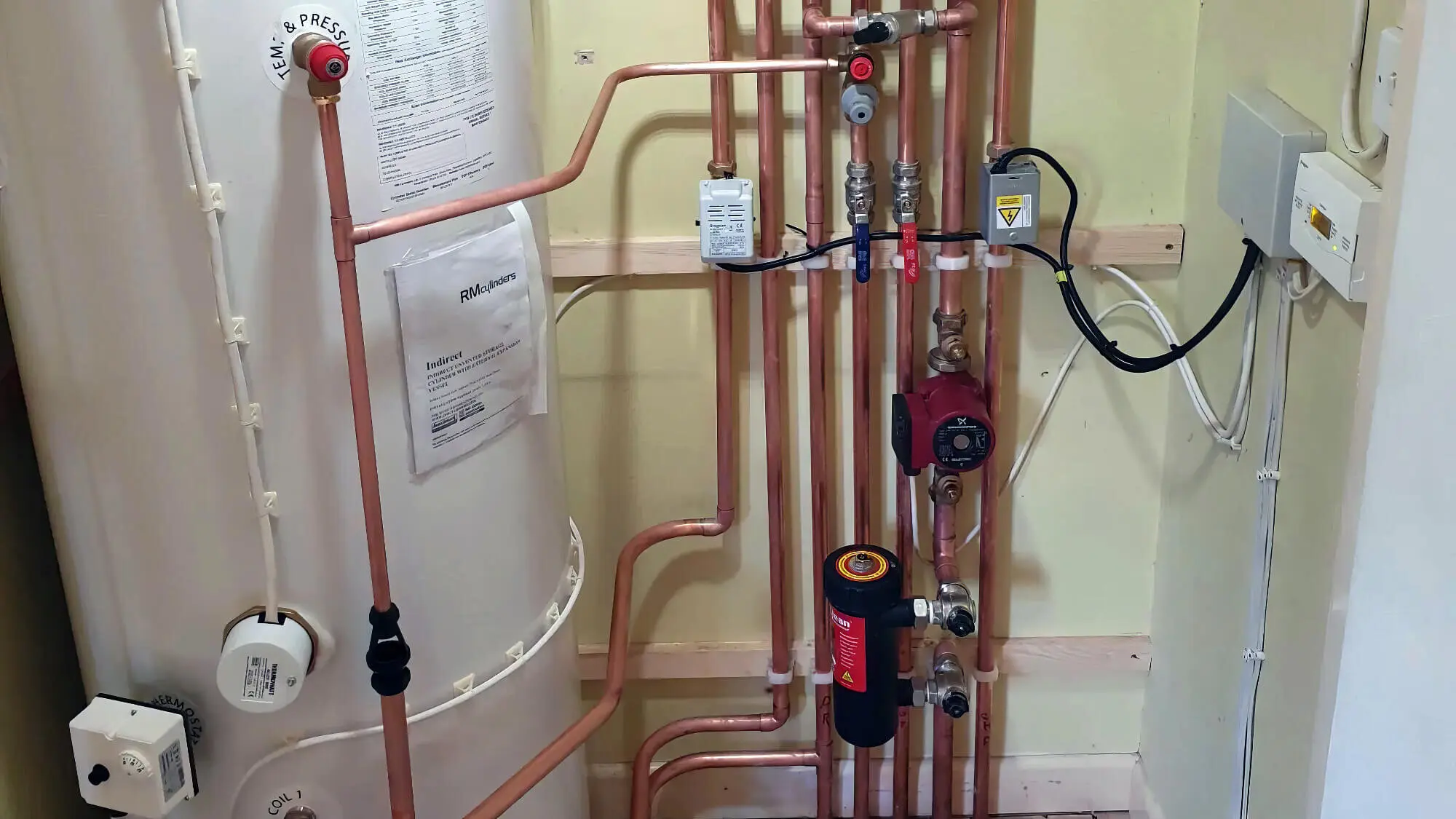
Next, compare tank types like standard storage vs. tankless on-demand systems. Energy efficiency is a major consideration for lower utility bills, so opt for a unit with an Energy Star rating. Location within your home may be dictated by existing utility lines or space, but indoor vs. Outdoor placement also affects options.
Additional features include warranty length, fast recovery time, and versatile settings, including the tempering valve. Research upfront will help you choose the best new hot water systems for your budget and household’s unique water heating requirements.
Prolonging Hot Water System Lifespan through Maintenance
Performing some essential routine maintenance can help extend the life of your home’s hot water heater well beyond the average lifespan.
One of the most critical tasks is flushing the water heater’s storage tank yearly to remove the build-up of sediment that accumulates on the bottom. You should also inspect and replace the anode rod every few years, as this helps protect the tank from corrosion.
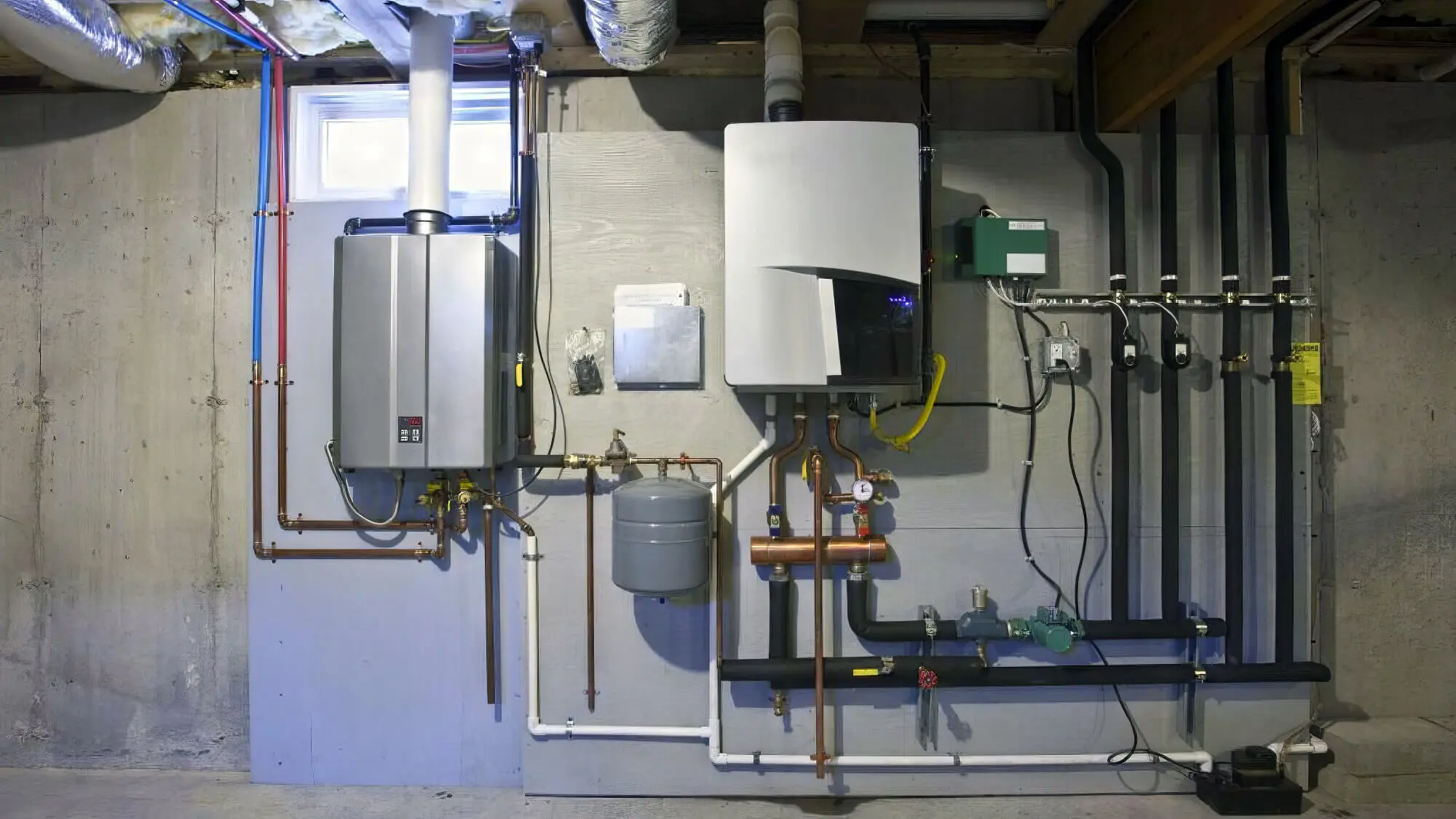
Insulating exposed pipes and the water heater itself helps trap heat and improve efficiency. Check all fittings and connections for leaks and have a professional plumber address minor plumbing issues immediately to prevent further damage.
It’s also a good idea to drain a few gallons of water from the bottom valve monthly to clear mineral deposits. Following these low-effort maintenance tips will help your hot water system run smoothly and last well into the future with minimal repairs needed down the road.
Expert Tips for Energy-Efficient Hot Water Systems
If you’re looking to cut energy costs for hot water heating, some expert tips can really help out.
Proper insulation is essential — ensuring the water heater and connecting pipes are fully wrapped can significantly reduce standby heat loss. Setting temperatures above 120 degrees Fahrenheit helps conserve energy without compromising washing needs.
Turning off the hot water tap to use less by installing efficient showerheads and faucet aerators reduces usage. A tankless on-demand system eliminates waste from continuously heating a full tank for larger households.
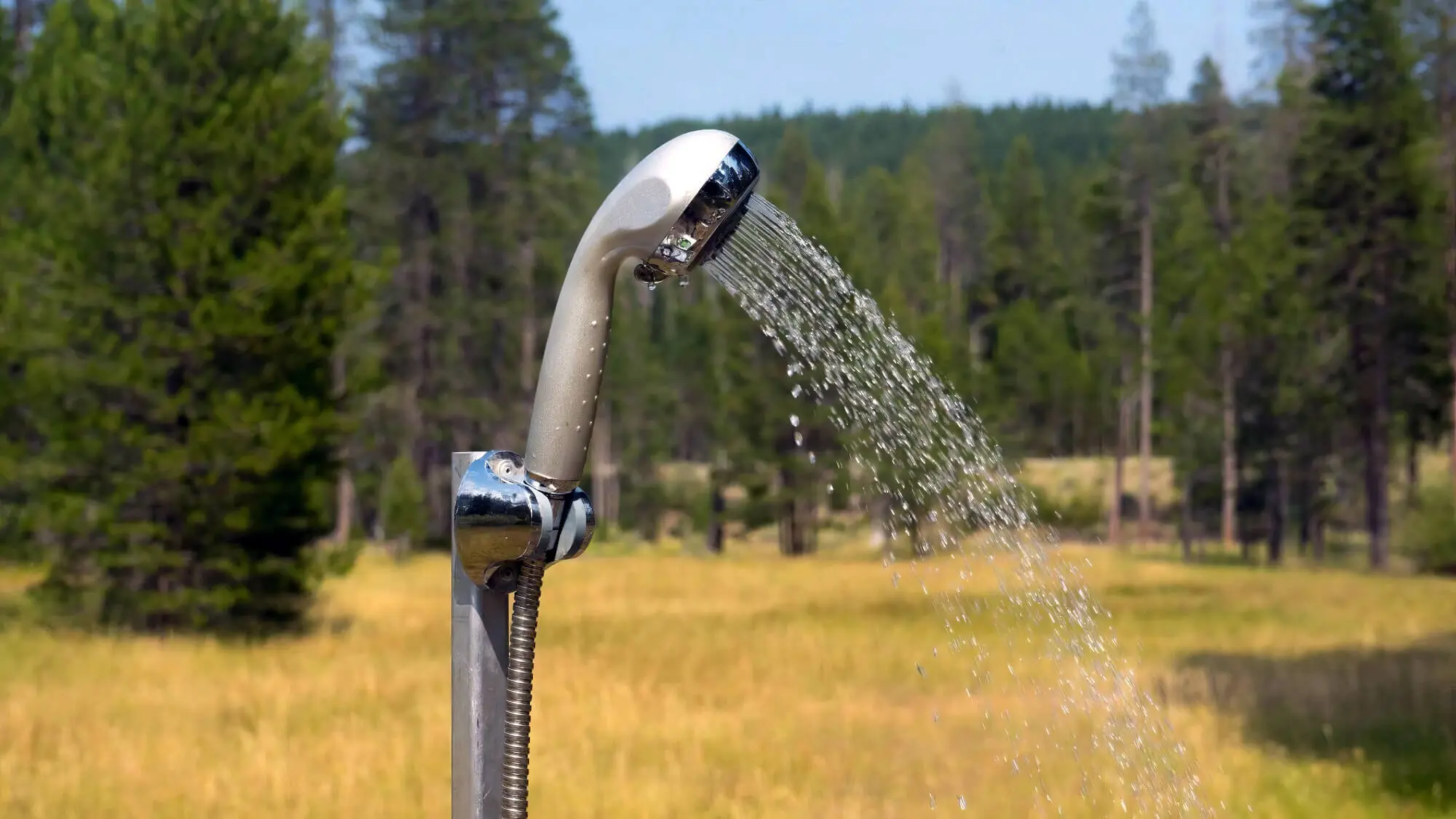
Positioning the water heater close to points of use also lessens heat loss through long pipe runs. Scheduling major hot water appliances like the dishwasher at off-peak hours also takes advantage of often lower electricity rates.
Following these pro tips can deliver substantial utility bill savings every month.
Know the Signs Before Your Hot Water Goes Cold
Being aware of the common signs that it might be time to replace your hot water system is essential for both cost and convenience.
If caught early, homeowners can promptly plan and budget for replacing the system before any major issues emerge. The professionals at Big Blue Plumbing are skilled at determining when to replace your hot water and can recommend the best solution based on a homeowner’s needs.
By paying attention to fluctuating water temperatures, odd sounds or higher utility bills, you’ll be prepared when it’s time to consider a new one. Before your hot water system fails to take action — contact us at Big Blue Plumbing today to discuss optimising your home’s hot water needs safely and energy-efficiently.



